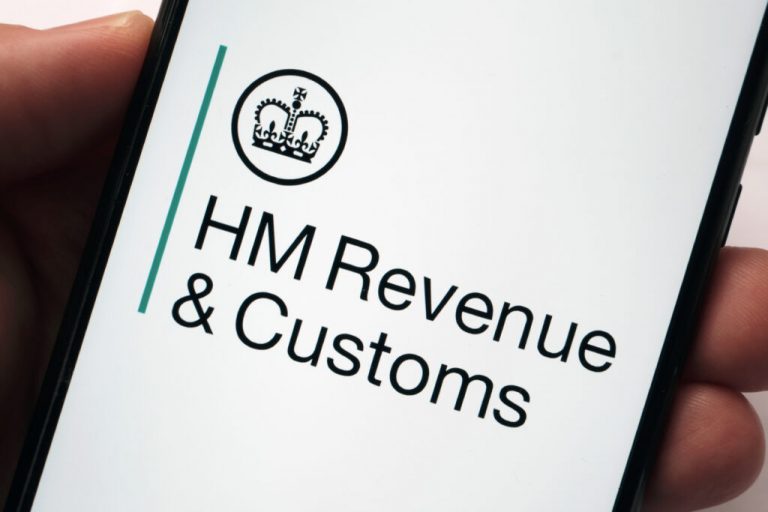Managing payroll for a small business can feel overwhelming, especially when you’re trying to focus on growing your company. Understanding how to manage payroll for small businesses effectively is crucial for maintaining compliance with HMRC regulations while ensuring your employees are paid accurately and on time. Whether you’re processing your first payroll or looking to streamline your existing processes, this comprehensive guide will walk you through everything you need to know
Understanding Your Payroll Obligations as a Small Business
Before diving into the practical steps of how to manage payroll for a small business, it’s essential to understand your legal obligations. As soon as you employ someone, you become responsible for operating Pay As You Earn (PAYE) if they earn above the tax threshold. This applies even if you only have one employee, making payroll management a critical aspect of running any small business.
Your responsibilities include calculating and deducting income tax and National Insurance contributions, reporting to HMRC through Real Time Information (RTI), and ensuring auto enrolment pension compliance. These obligations can seem daunting, but with the right approach and systems in place, you can manage them effectively.

Step 1: Register with HMRC for PAYE
The first step in learning how to manage payroll for small businesses is registering with HMRC for PAYE. You’ll need to do this before your first payday, and HMRC recommends registering at least four weeks in advance. During registration, you’ll receive important information including your PAYE reference number, accounts office reference, and employer PAYE login details.
You’ll also need to set up a payroll scheme and decide on your pay frequency. Most small businesses opt for monthly payroll as it reduces administrative burden, though weekly or four-weekly options are also available depending on your business needs and employee preferences.
Step 2: Gather Essential Employee Information
Collecting the right information from your employees is fundamental to how to manage payroll for a small business successfully. You’ll need each employee’s full legal name, address, date of birth, and National Insurance number. Additionally, gather details about their employment terms including start date, salary or hourly rate, working hours, and any benefits they’re entitled to.
Don’t forget to collect bank details for salary payments and determine whether they have student loans, existing pensions, or other employment that might affect their tax code. Having a comprehensive new starter checklist ensures you don’t miss any crucial information that could cause payroll complications later.

Step 3: Choose Your Payroll Method
When considering how to manage payroll for small businesses, you have several options. You can handle payroll manually using HMRC’s basic tools, invest in payroll software, or outsource to a professional payroll service. Each approach has its merits depending on your business size, complexity, and available resources.
Manual payroll might work for very small businesses with just one or two employees, but it becomes increasingly time-consuming and error-prone as you grow. Payroll software offers more automation and accuracy, while outsourcing provides expertise and compliance assurance without the need for internal payroll knowledge.
Step 4: Set Up Auto Enrolment Pensions
Auto enrolment is a crucial component of managing payroll for a small business, as it applies to businesses of any size. You must assess all employees to determine their eligibility and automatically enrol qualifying workers into a workplace pension scheme. This involves choosing a pension provider, setting up the scheme, and ensuring ongoing compliance with contribution requirements. The process includes regular re-enrolment assessments and maintaining detailed records of all pension-related activities. Many small businesses find this aspect particularly challenging due to the ongoing administrative requirements and potential penalties for non-compliance.Step 5: Process Your First Payroll
Running your first payroll involves calculating gross pay, deductions for tax and National Insurance, pension contributions, and any other deductions or benefits. You’ll need to generate payslips for each employee and submit information to HMRC through RTI on or before the pay date.
This process must be repeated for every pay period, with careful attention to changing tax codes, varying hours for part-time employees, and any statutory payments such as sick pay or maternity leave. Accuracy is crucial, as errors can result in penalties and create complications for both you and your employees.


Step 6: Maintain Accurate Records
Proper record-keeping is an essential aspect of managing small business payroll. You must maintain detailed payroll records for at least three years, including information about payments, deductions, and submissions to HMRC. These records are vital for resolving any disputes, handling HMRC enquiries, and preparing end-of-year returns.
Your records should include copies of all payslips, RTI submissions, pension documentation, and any correspondence with HMRC. Digital record-keeping can help streamline this process and ensure information is easily accessible when needed.
Common Payroll Challenges for Small Businesses
Understanding how to manage payroll for a small business also means being prepared for common challenges. These might include handling statutory payments, managing varying work patterns, dealing with tax code changes, and ensuring compliance with ever-changing legislation. Small businesses often struggle with the time investment required and the complexity of staying up to date with regulatory changes.
Mistakes in payroll can be costly, not just in terms of potential penalties and investigations, but also in damage to employee relationships and business reputation. This is why many small businesses outsource their payroll to specialists who can ensure accuracy and compliance.
How Payroll Hub Can Simplify Your Payroll Management
Managing payroll for your business doesn’t have to be a burden that takes you away from focusing on growing your company. Payroll Hub offers a fully managed payroll service designed specifically for businesses that would rather concentrate on running their operations than managing complex payroll requirements
Our comprehensive service handles everything from initial setup and employee onboarding to ongoing payroll processing and compliance management. We take care of RTI submissions, auto enrolment obligations, and maintain all necessary records, giving you peace of mind that your payroll is handled professionally and accurately
We also provide faster payment services and electronic payslips through our online portal, making the entire process more efficient for both you and your employees. Our team stays up-to-date with all regulatory changes, ensuring your business remains compliant without you having to monitor constantly evolving legislation.
Making the Right Choice for Your Business
Learning how to manage your small business’s payroll effectively is about finding the right balance between cost, complexity, and compliance. While some very small businesses might manage with basic systems initially, most find that professional payroll services offer better value when you consider the time saved, reduced risk of errors, and peace of mind that comes with expert handling.
If you’re feeling overwhelmed by payroll requirements or want to ensure your business is fully compliant while freeing up time to focus on growth, professional payroll management might be the solution you need.
For advice and guidance about outsourcing your payroll or to learn more about how Payroll Hub can support your business, please get in touch today at enquiries@payrollhub.co.uk. We’re here to help make payroll management simple and stress-free for your small business.
